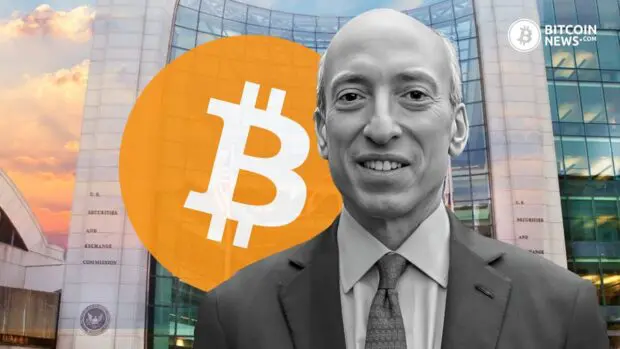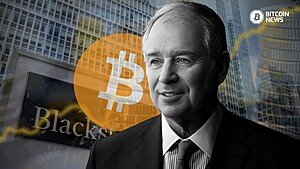In a groundbreaking move, the United States Securities and Exchange Commission (SEC) has given the green light to 11 Spot Bitcoin Exchange-Traded Funds (ETFs), marking a significant milestone for the Bitcoin industry. The approval of all Bitcoin ETF applications opens the door for both institutional and retail investors to gain exposure to the world’s largest digital scarce asset without the need to directly hold it, setting Bitcoin apart from all the altcoins.
Spot Bitcoin ETF Finally Arrives
The SEC’s approval follows years of attempts by the asset management industry to launch a Spot Bitcoin ETF, with previous rejections citing concerns over market manipulation and fraud. The latest development comes after a series of false starts and market confusion, including a recent tweet from the SEC’s official account that led to speculation.

Among the approved ETFs are those from well-known entities such as BlackRock, Grayscale, Bitwise, and Hashdex, along with others like ARK 21Shares, Invesco Galaxy, VanEck, WisdomTree, Fidelity, Valkyrie, and Franklin Templeton. This diverse set of approvals reflects a growing acceptance and interest in bringing Bitcoin investment into mainstream financial markets.
Court Rulings Persuaded SEC to Change Stance
These Spot Bitcoin ETFs differ from previously approved Bitcoin futures ETFs, as they hold the actual digital asset rather than derivative contracts tied to it. The move is seen as a response to the evolving landscape, providing investors with a more direct and regulated way to access the digital asset market.
The SEC’s decision comes after a court ruling in August 2023 that overturned the SEC’s denial of Grayscale’s application to convert its Grayscale Bitcoin Trust into a Spot Bitcoin ETF. As Gary Gensler, the Chairman of SEC, previously hinted, this legal precedent played a pivotal role in forcing the SEC to revisit its stance on Spot Bitcoin ETFs.
Bitcoin Spot ETF Applicants
Investors can now anticipate easier access to Bitcoin price movements through ETF shares without the need for direct ownership or concerns about self-custody. This is expected to attract a range of investors, from institutional players to retail clients, who can now participate in the digital asset market through traditional brokerage accounts.
The ETF approval process involved scrutiny of applications from various companies, each announcing their respective fees for managing Bitcoin ETFs. Notably, BlackRock, the world’s largest asset manager, plans to charge 0.2% fees until the fund reaches $5 billion in assets under management (AUM). Bitwise and Ark 21Shares follow closely behind with 0.24% and 0.25% fees, respectively. Grayscale currently holds the highest fee rate at 1.5%.
The Launching of Trades
With the regulatory hurdle overcome, attention now turns to when these ETFs will begin trading. Analysts predict significant inflows into Spot Bitcoin ETFs, with estimates ranging from $2.4 billion in the first quarter of 2024 to potential inflows of $14 billion in the first year.
The approval of Spot Bitcoin ETFs represents a long-awaited achievement for the Bitcoin industry, bringing newfound legitimacy and accessibility to the market. As these ETFs enter the U.S. financial landscape, they mark a pivotal moment in the integration of digital assets into mainstream investment portfolios. Investors and industry enthusiasts will be closely monitoring the impact of these developments on the broader digital asset ecosystem.










